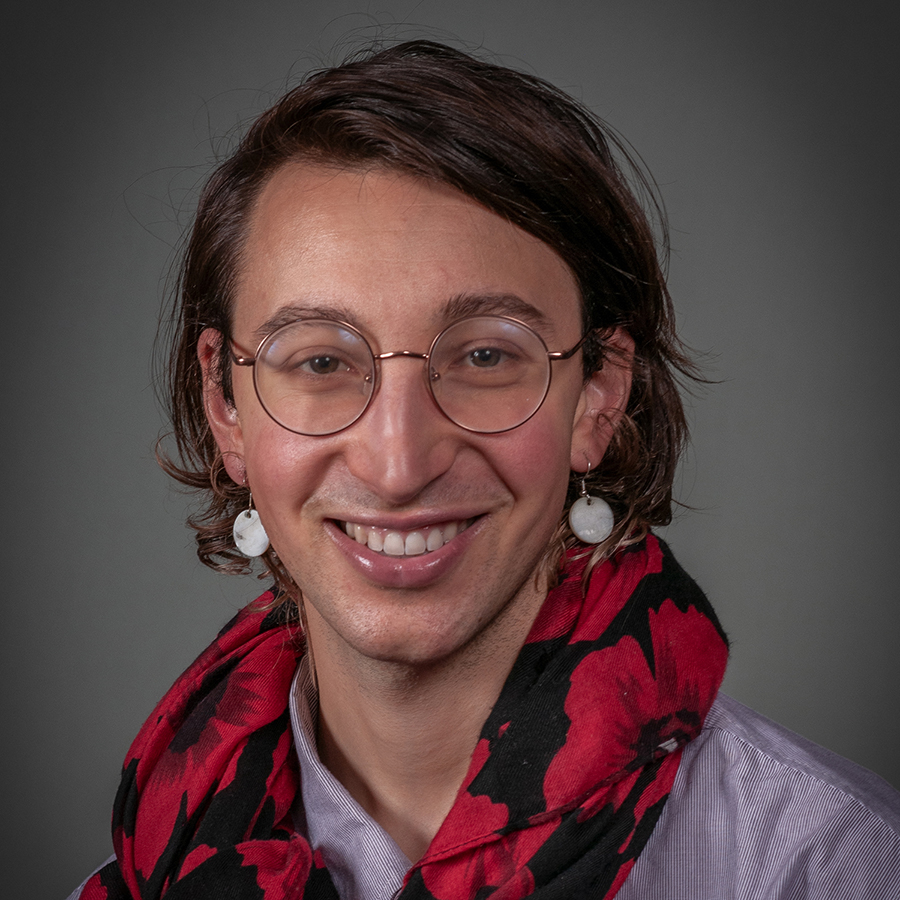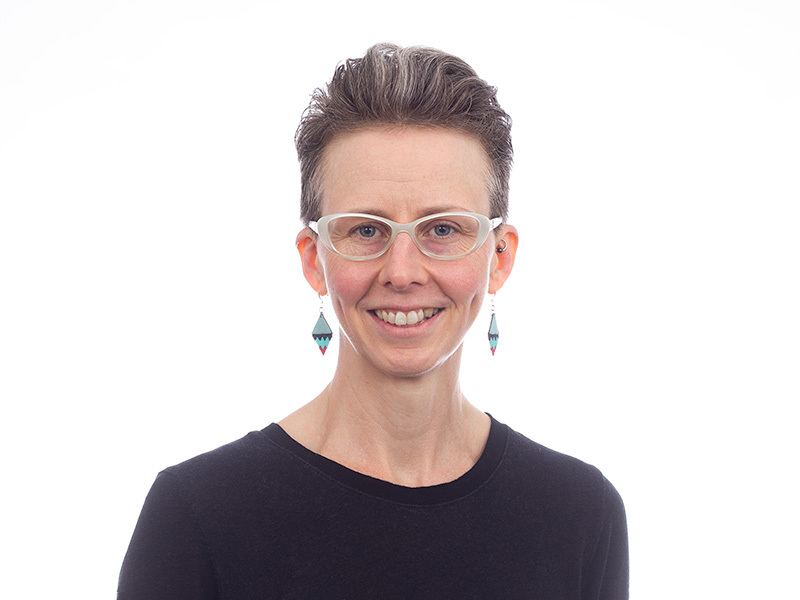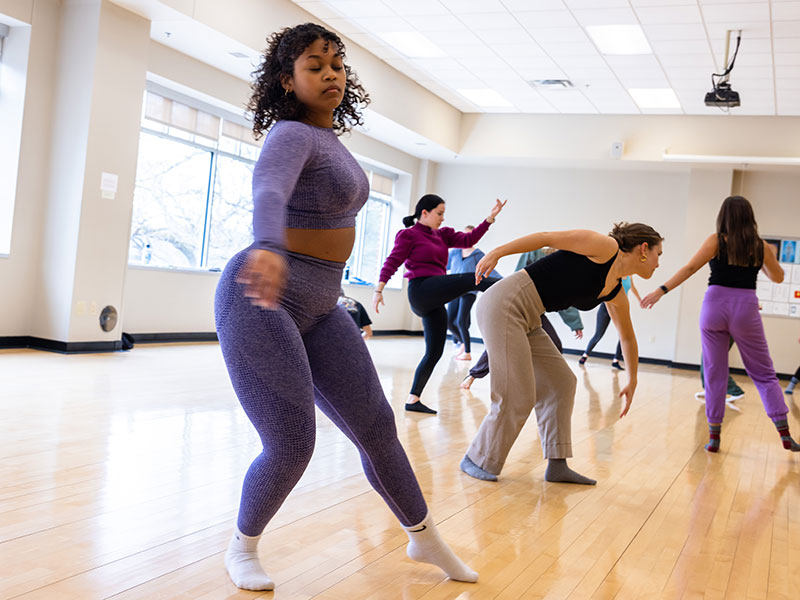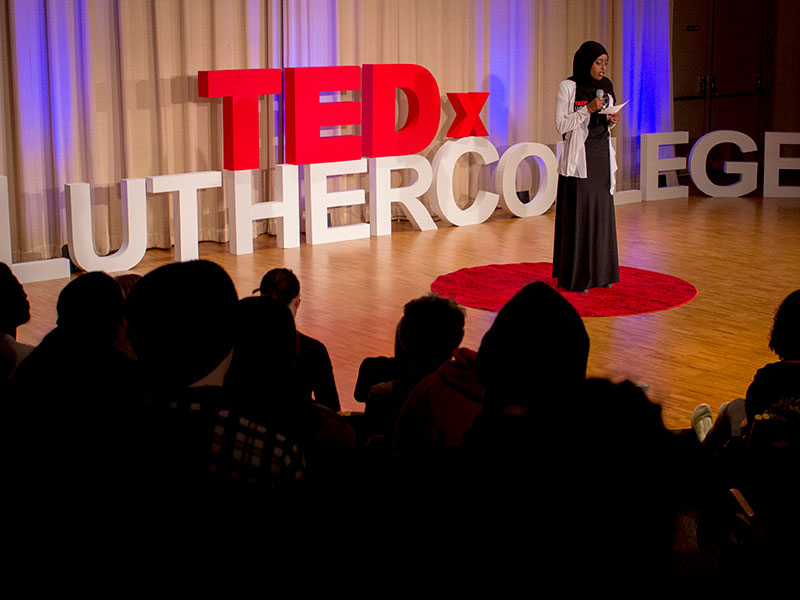Program Highlights
Interdisciplinary Major
Luther’s identity studies program combines four areas of focus (women and gender studies, Africana studies, dance, and Asian studies). You’ll learn from a variety of scholars in different focus areas who share concepts, theories, and methods. This approach generates a comprehensive appreciation for investigation.
Diverse Faculty
Learn from faculty in a variety of areas. Areas of expertise include dance, religion, sociology, Africana studies, and communication.
Preparation for Advocacy
At Luther, you’ll examine the intersection of race, ethnicity, class, gender, religion, neurotypes, age, and body types. You’ll develop an understanding of systems of power and oppression across the globe that will allow you to appreciate and participate in various forms of resistance to them.
What You’ll Learn
As an identity studies major at Luther, you’ll receive a liberal arts education. That foundation will help you make change in and out of the classroom.
Identity Studies Major
Identity studies majors complete 10 courses and a senior project. Required courses include an introduction to systems of power, identity and power, global traditions, an internship, and a seminar. You must also complete five electives.
You can choose to specialize in one of three emphasis areas: gender and sexuality, race and ethnicity, or body studies.
Identity Studies Minor
The identity studies minor consists of seven courses. This includes two required courses, two electives, and one seminar. You must complete at least one course from each focus area.
Careers and Outcomes
Identity studies graduates enter a variety of professions as critical advocates, activists, scholars, and educators for social justice. The identity studies degree is multidisciplinary and interdisciplinary in its scope. If you’re interested in continuing education, you’ll be ready for diverse graduate programs.
Career Fields
- Social services
- Human services
- Nonprofit organizations
- Community development
Graduate Studies
- Law
- Political science
- Women and gender studies
- American studies
- Religion
- French
- Literary studies
- Business
- Sociology
- Medicine
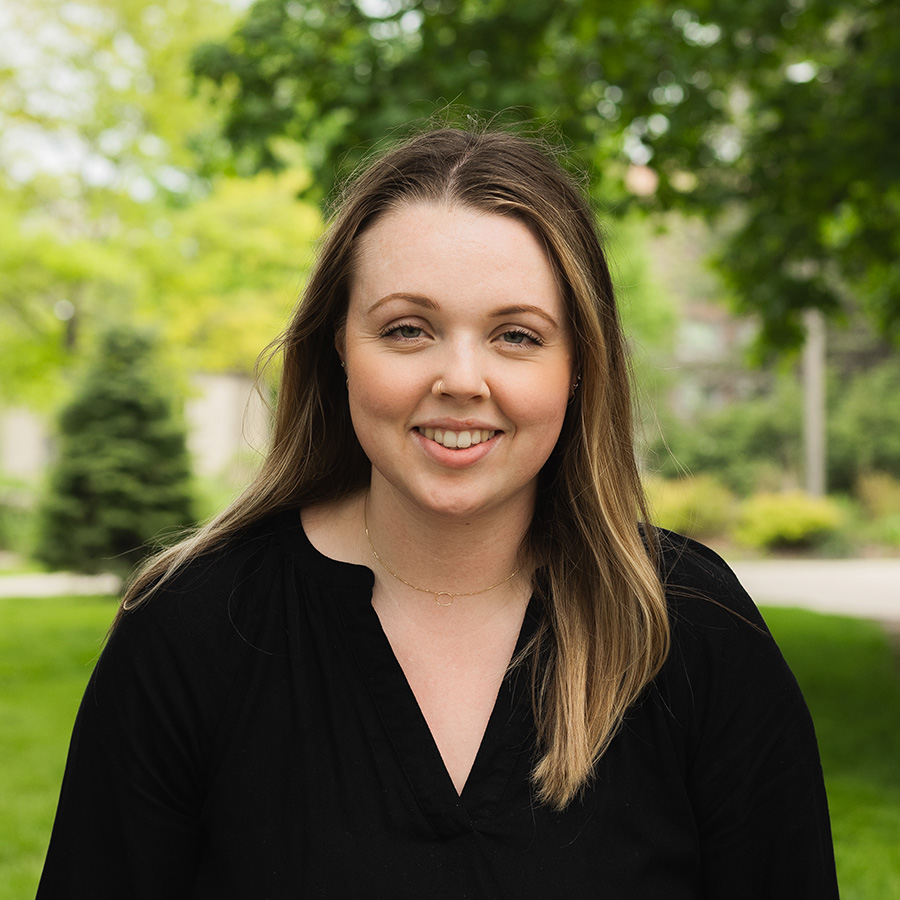
Connection with Faculty
“My favorite part of teaching at Luther is the time I get to spend with students one-on-one. There is nothing more rewarding than working closely with a student and seeing their growth year by year.” —Holly Moore, associate professor of philosophy and identity studies
